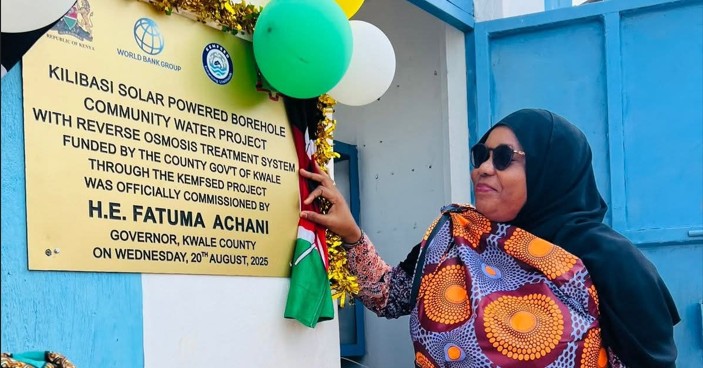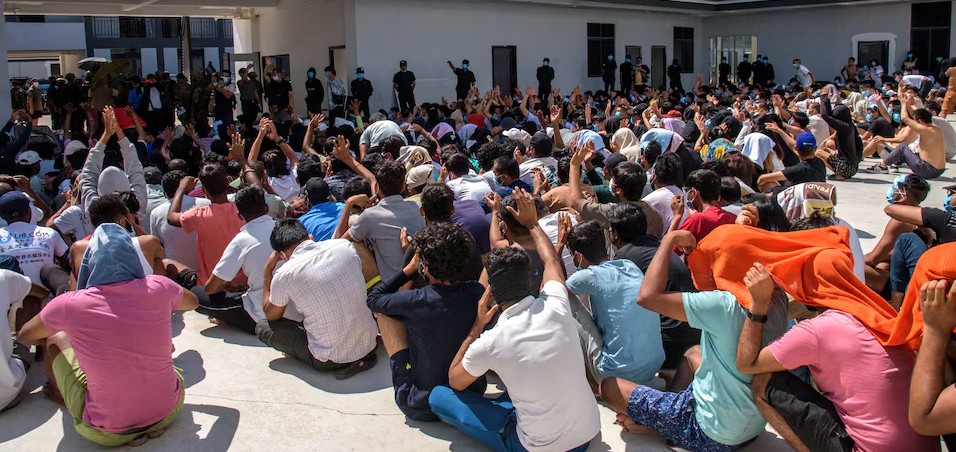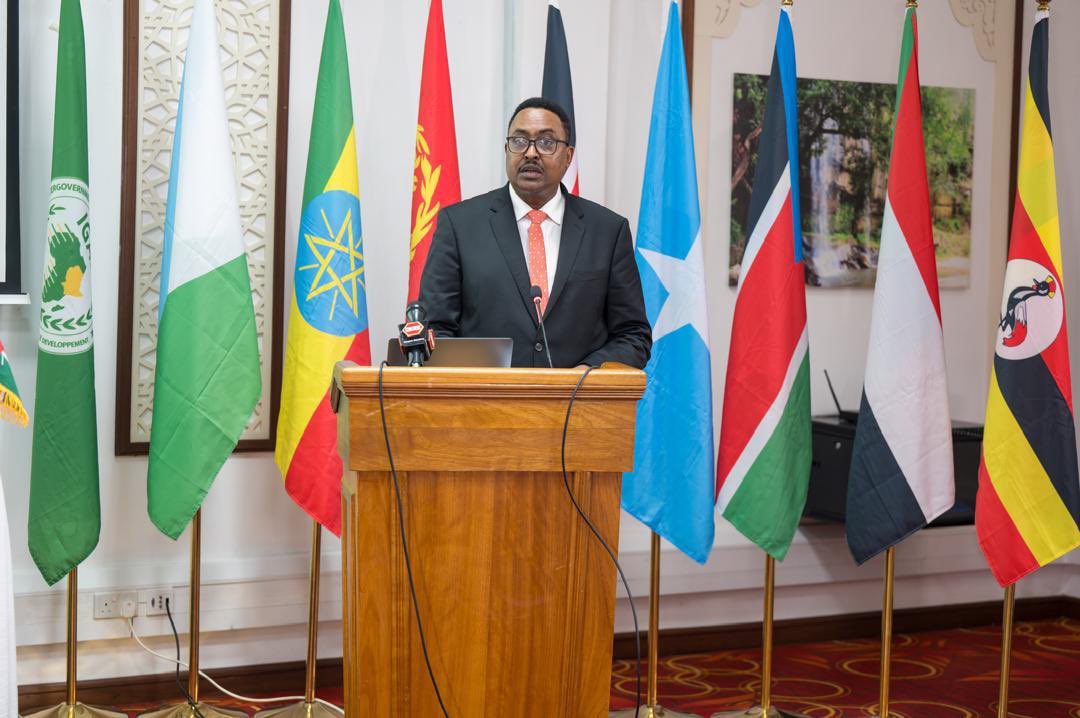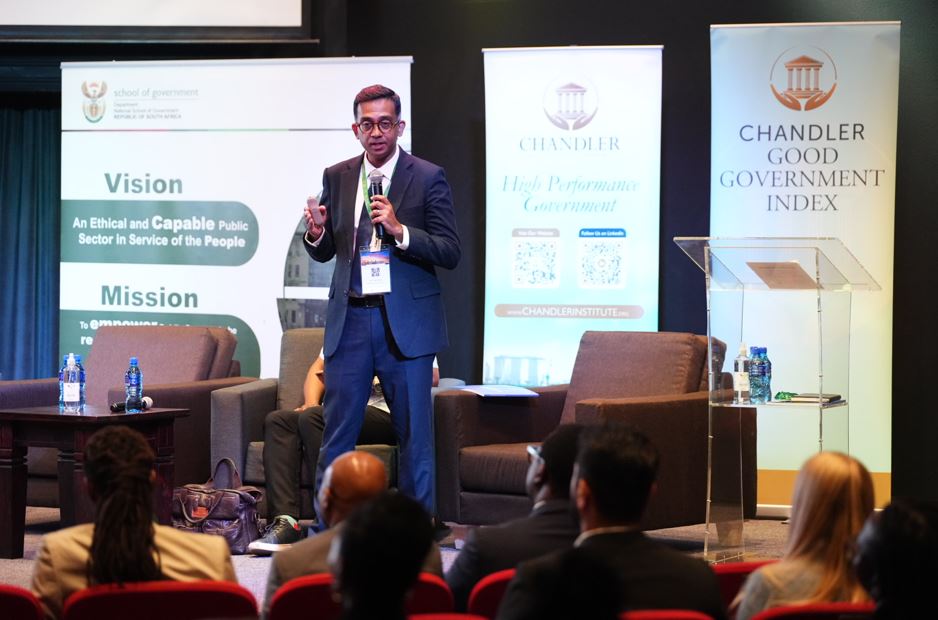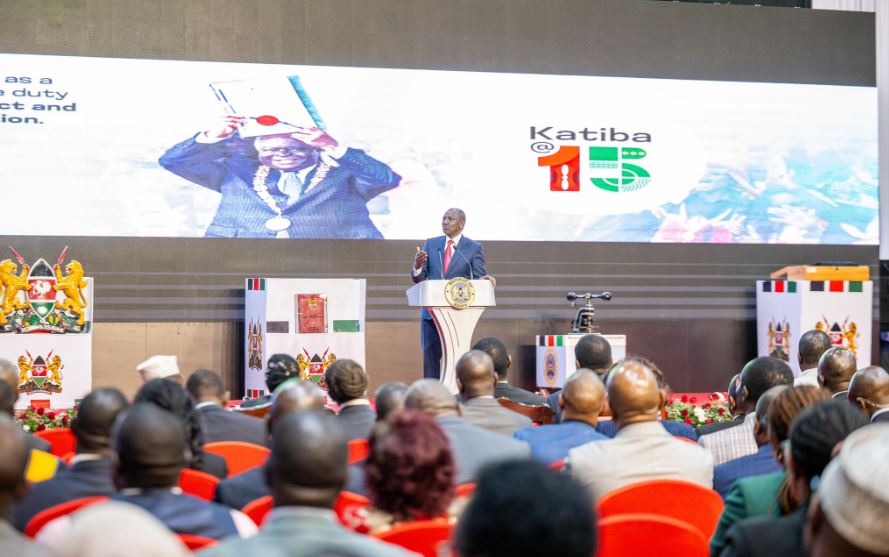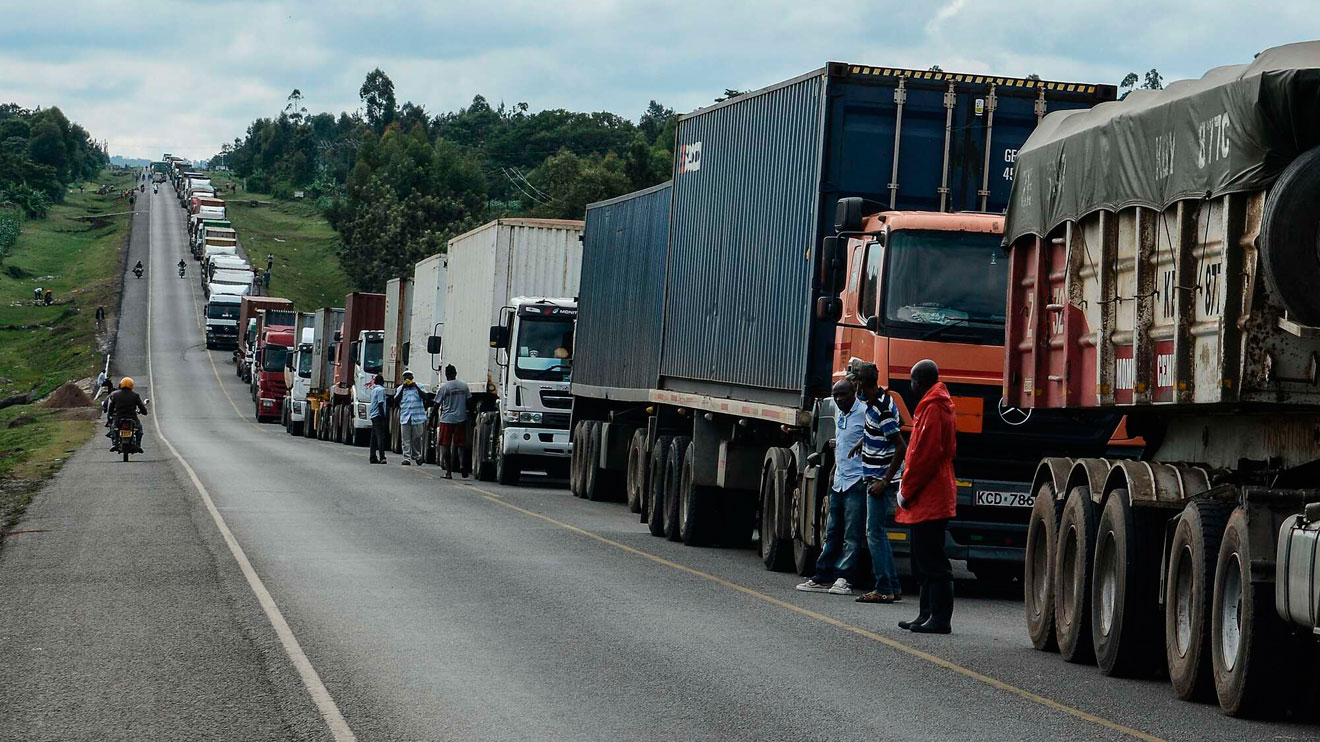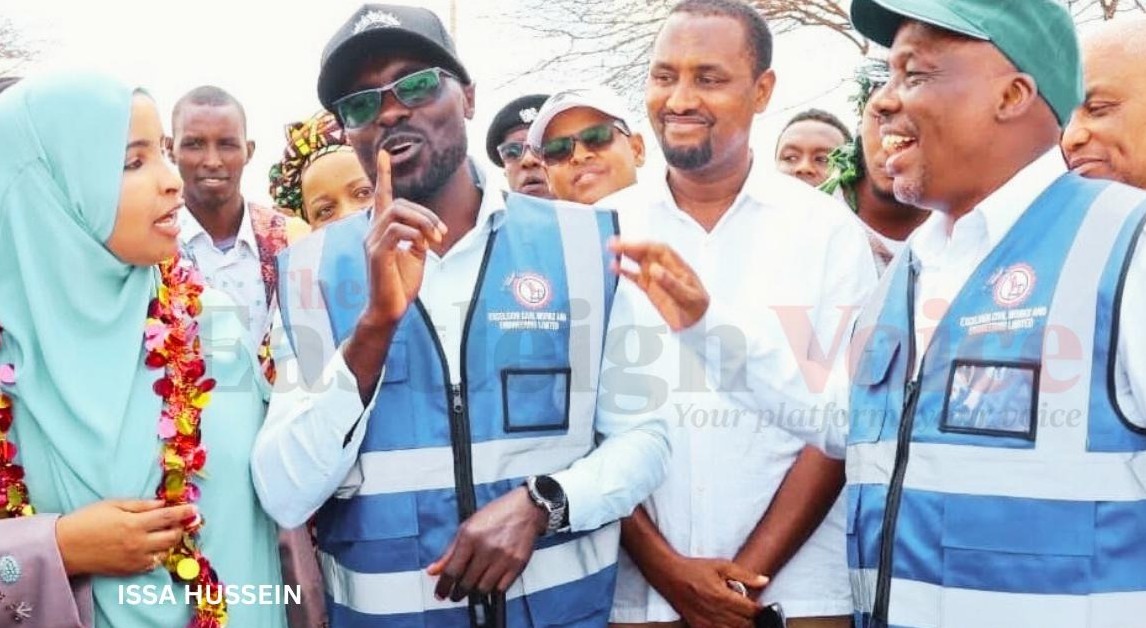African, Caribbean nations revive push for reparations at second Africa-CARICOM Summit
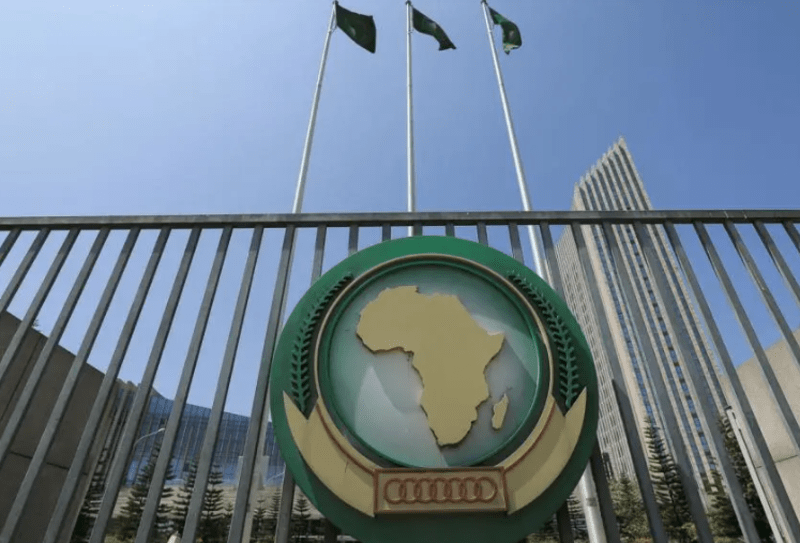
The gathering aims to forge a common position on what reparations might entail, ranging from financial compensation to policy reforms.
African and Caribbean leaders will meet in Addis Ababa on September 7 for the second Africa–CARICOM summit, reviving calls for slavery and colonial reparations that are almost certain to be rebuffed by former colonial powers.
Hosted at the African Union headquarters under the theme "Transcontinental Partnership in Pursuit of Reparatory Justice," the gathering aims to forge a common position on what reparations might entail, ranging from financial compensation to policy reforms.
More To Read
- Kenya’s 1950 Kolloa massacre: Britain won’t own up to its colonial violence but communities need closure
- World Court just ruled countries can be held liable for climate change damage – What does that mean for US?
- Namibia’s president calls for reparative justice to address historical injustices against African women
- African prisoners made sound recordings in German camps in WW1: This is what they had to say
- White malice: How the CIA strangled African independence at birth
The African Union's 55 states and CARICOM's 15 members argue that the legacies of slavery and colonialism still shape global inequality, from systemic racism to Africa's debt burdens and climate vulnerability.
The push is not new. Kenya hosted the first summit virtually in 2021 under then-president Uhuru Kenyatta.
Since then, AU bodies such as ECOSOCC have urged members to link reparations to modern crises: unsustainable debt inherited at independence, and climate change, where Africa contributes the least but suffers the most.
Advocates stress that reparations need not mean cash transfers alone.
They cite truth-telling, institutional reforms, and investment in communities as alternative forms of redress.
Still, the politics remain fraught. In Britain, Portugal and elsewhere, officials have largely ruled out reparations, fearing endless claims.
Between the 15th and 19th centuries, at least 12.5 million Africans were trafficked into slavery.
This summit will seek to transform that shared trauma into political leverage, culminating in a joint declaration on reparations, climate justice, debt, trade, and South–South cooperation.
Top Stories Today
Reader Comments
Trending



